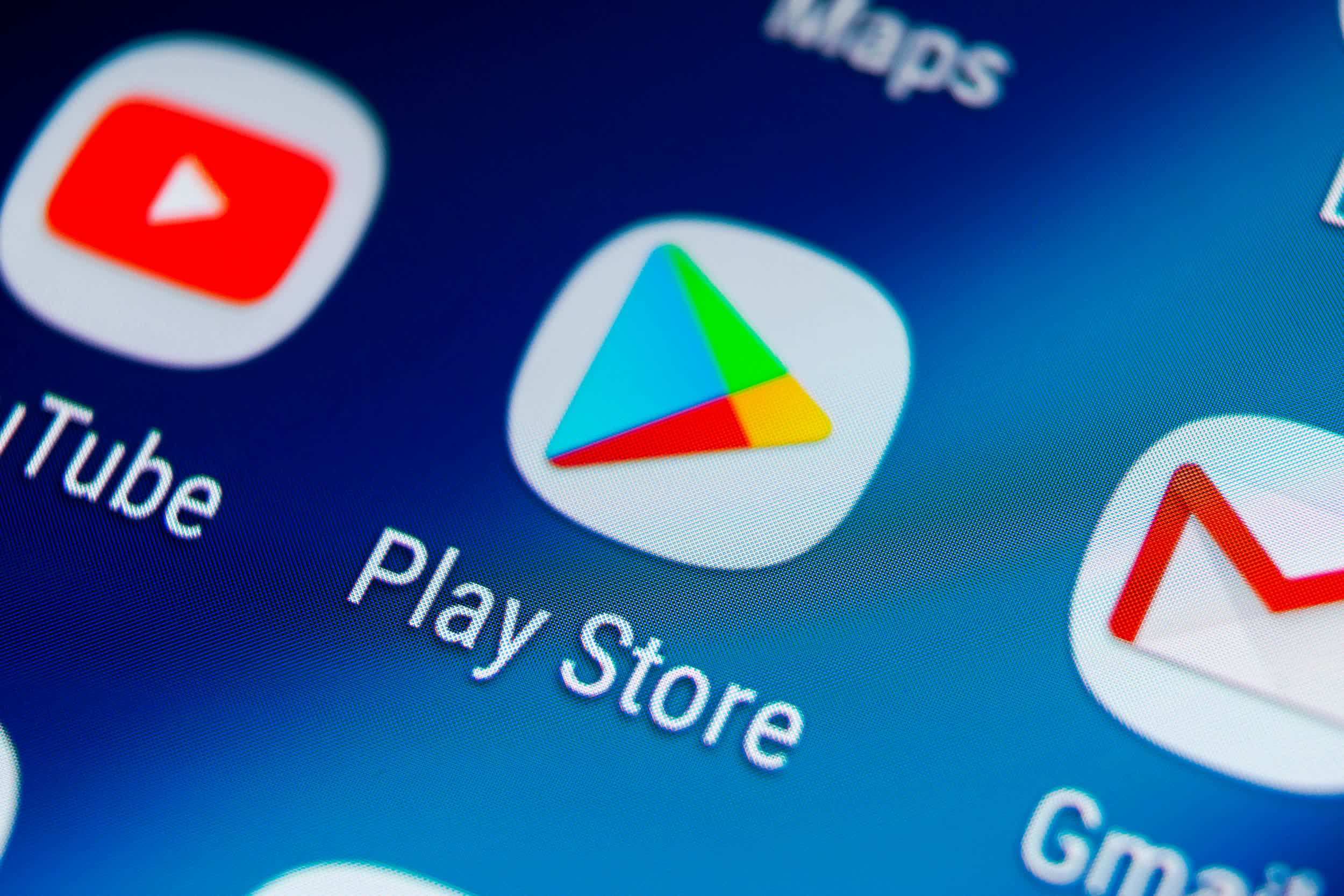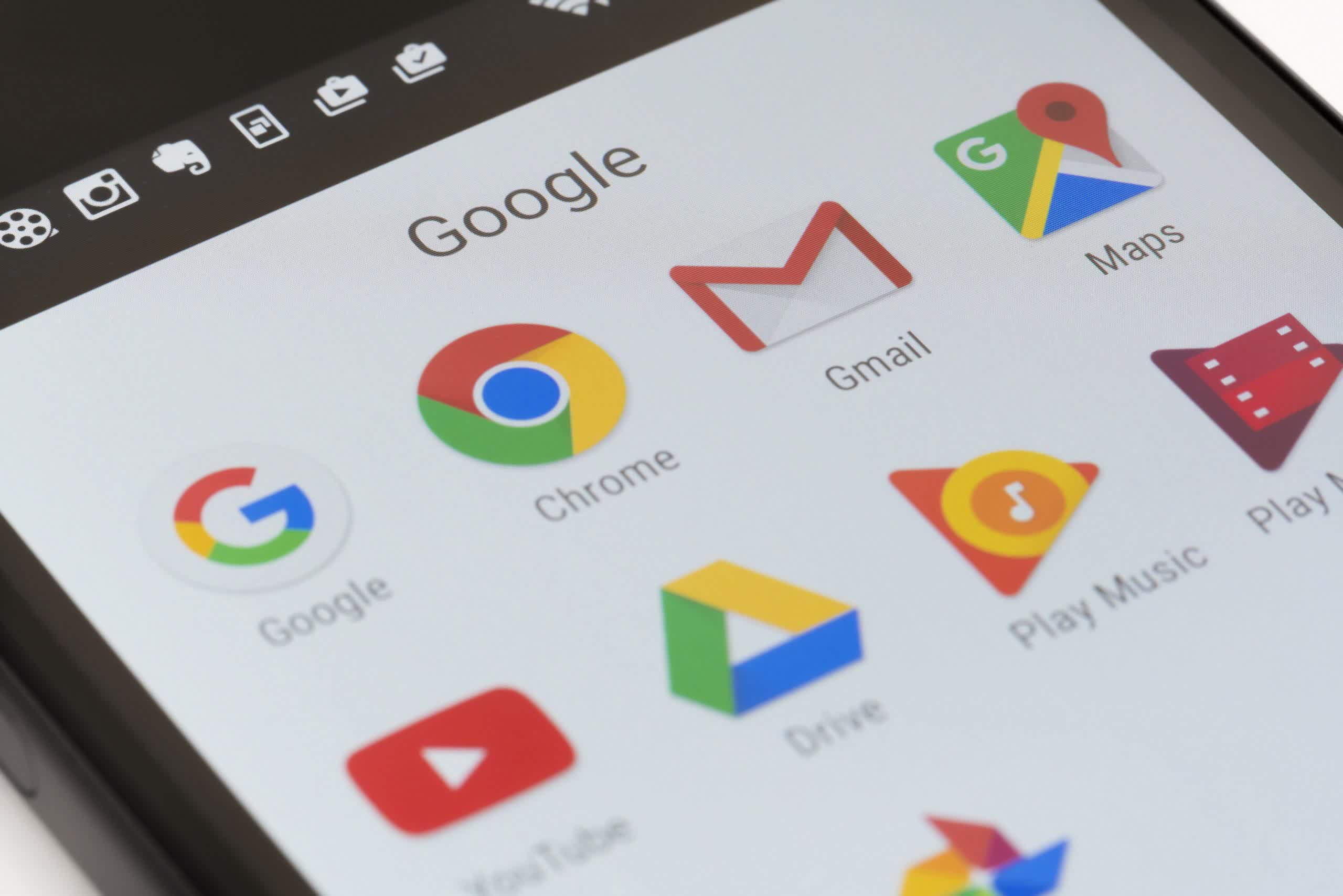Forward-looking: People have suspected for years that one day Google would lock out 32-bit Android apps. The newly released Android 13 source code suggests that day is approaching with next year's Pixel Tablet. Google has given developers ample time to prepare, but some apps are bound to fall through the cracks.

Google released Android 13's source code alongside the OS's public launch for Pixel phones this week. Digging inside reveals a commit saying to move Tangor – the codename for Google's upcoming Pixel tablet – to 64-bit only. The move would make it Google's first device that only runs 64-bit apps. Another commit mentions an Android system that can't run 32-bit apps, probably Android 14.
Google mandated that all Play Store apps running native code have 64-bit versions in 2019. Furthermore, apps built on non-native code like Java or Kotlin are already 64-bit, so just about anything released or updated in the last few years should support 64-bit-only hardware.
Additionally, Google announced that later this year, it will start hiding Play Store apps that haven't received updates in around two years. Due to these policies, anyone who steps into the Android ecosystem after this year will likely only see 64-bit apps on the Google Play Store.

A complete cut-off of 32-bit Play Store apps would mainly affect those who still use software they downloaded years ago and which hasn't been updated in ages. Despite Google's requirements, many older apps can't update because their developers are defunct, or for other reasons. Apple ended 32-bit iOS app support in 2017, after which many users lost older apps unless they hung onto devices running older iOS versions.
Making iOS 64-bit-only was relatively simple because Apple manufacturers all iOS hardware and distributes all the platform's software. Android, in contrast, has many different hardware manufacturers and apps available outside Google Play. Android device makers other than Google could support 32-bit apps for a while, and APK files outside app stores will have to update to 64-bit on their terms.
Other Android app stores are making plans to phase-out 32-bit software, however. The top Chinese Android app stores like Xiaomi App Store, OPPO App Store, Vivo App Store, Tencent App Store, and Baidu Mobile Assistant plan to complete the transition by the end of this month.
Although abandonware might be left behind, switching everything to 64-bit should improve performance and security. Google decided to start hiding neglected Play Store apps because they don't adhere to the latest security standards.
Google last teased the Pixel tablet at its I/O conference in May. It will feature Google's Tensor hardware, and the company is optimizing over 20 in-house apps for the device. The tablet is slated to launch in 2023.
https://www.techspot.com/news/95679-next-year-pixel-tablet-might-beginning-64-bit.html